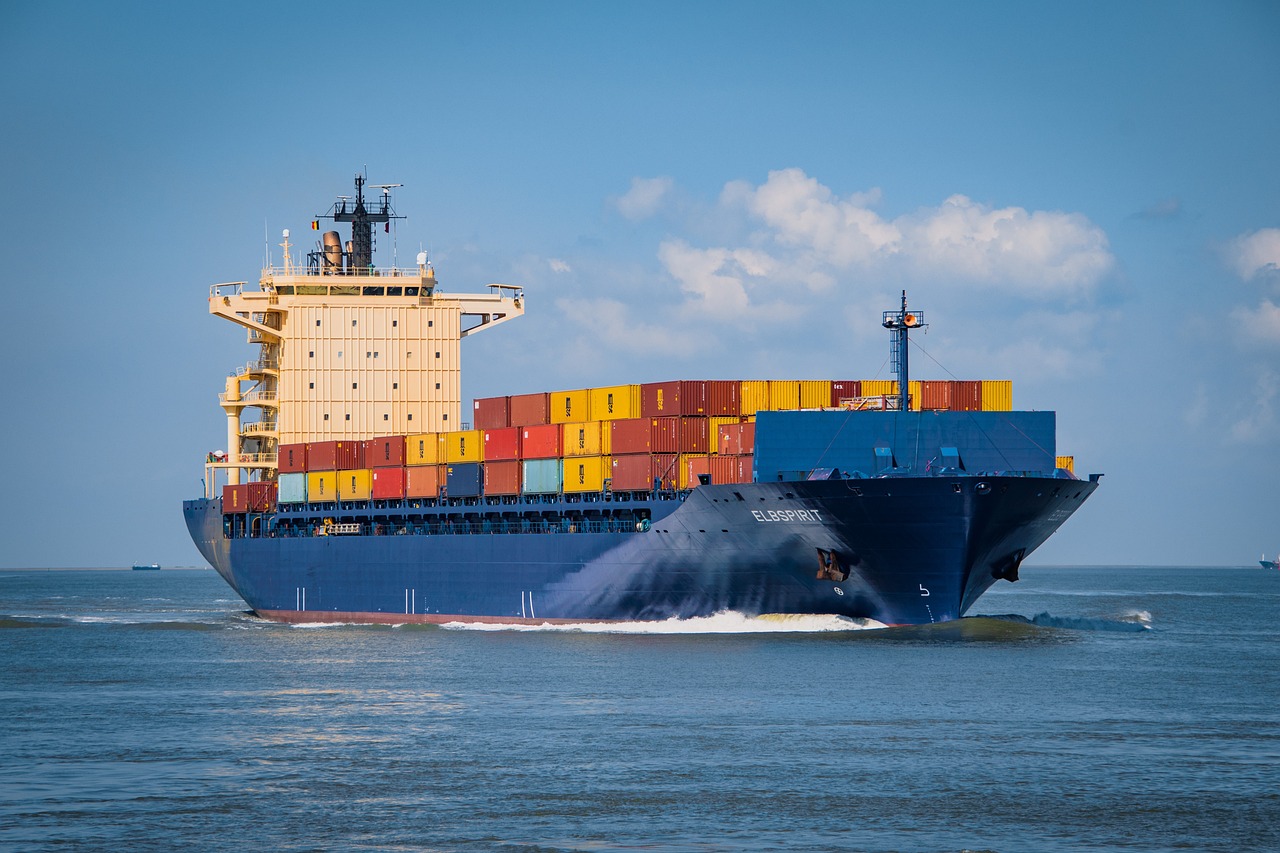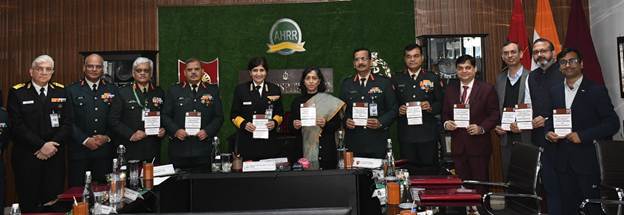
New Delhi: The Lok Sabha today passed the ‘Carriage of Goods by Sea Bill, 2024’, aimed at modernising and updating legal framework as well as enhancing ease of doing business (EODB) in India’s maritime sector.
The Bill, which replaces the colonial-era ‘Carriage of Goods by Sea Act, 1925’, was introduced by Sarbananda Sonowal, the Union Minister of Ports, Shipping and Waterways, in the Lok Sabha. The colonial era act was rooted in the century-old Hague Rules, which limited scope with complex language and were misaligned with modern commercial realities. The new Bill addresses these gaps with clarity, foresight, and renewed relevance for a rapidly evolving maritime sector, thus marking a “significant legislative reform”.
Sonowal said the passing of the ‘Carriage of Goods by Sea Bill’ in the Lok Sabha marks a crucial step toward updating and modernising India’s legal framework—making it more relevant, efficient, and accessible, while shedding colonial-era legacies that have impeded progress. “The passage of this Bill is a significant step toward strengthening India’s legal foundation for maritime commerce. It not only promotes investor confidence but also positions India as Viksit Bharat,” he said.
The Union Minister also introduced the ‘Indian Ports Bill, 2025’, aimed at consolidating laws related to port management, promoting integrated port development, and enhancing the ease of doing business in the maritime sector. The Bill seeks to optimise the utilisation of India’s vast coastline by establishing and empowering State Maritime Boards to ensure effective management of ports other than major ports. It also proposes the formation of the Maritime State Development Council to foster structured growth and development of the port sector.
A key strength of the Bill, according to Sonowal, lies in its simplified language and structure, making the law more accessible to stakeholders, particularly Indian exporters, importers, and shipping professionals. While retaining the substantive legal framework, the Bill aligns it with contemporary drafting practices, reducing ambiguities and minimising the risk of potential litigation.
The Bill empowers the government, allowing India to “swiftly adapt” to evolving international maritime conventions. It also ensures “transparency and accountability” by providing for parliamentary oversight of executive notifications (Clause 10). The legislation formally repeals the outdated 1925 Act, “marking a confident step away from colonial legal remnants and embracing a modern Indian maritime legal identity”. This aligns with the government’s broader vision of simplifying laws, promoting ease of doing business, and building a globally competitive shipping ecosystem, the Ministry of Ports, Shipping and Waterways stated.
On the introduction of the Indian Ports Bill, Sonowal said, “The introduction of the Indian Ports Bill, 2025, in the Lok Sabha is a transformative step toward modernising India’s port governance and maritime infrastructure. By consolidating laws, empowering State Maritime Boards, and establishing the Maritime State Development Council, the Bill attempts to provide a way for integrated port development and improved ease of doing business. With a strong focus on safety, security, and environmental sustainability, this reform is set to enhance India’s global competitiveness in the maritime sector.”
The Indian Ports Bill addresses critical aspects such as pollution control, disaster management, emergency response, security, safety, navigation, and data management at ports. It also seeks to ensure India’s compliance with international obligations and maritime conventions. To safeguard India’s port infrastructure, the Bill includes provisions for port conservation and introduces adjudicatory mechanisms for resolving port-related disputes efficiently. The Indian Ports Bill, 2025, aims to modernise India’s port governance framework, enhance efficiency, and position India as a global leader in maritime trade.
– global bihari bureau





